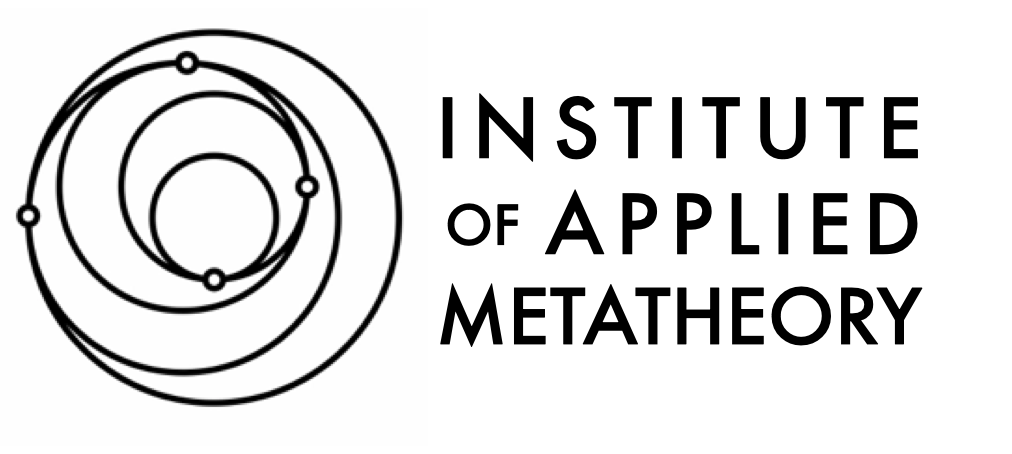The goal of the Integrative Policing Transformation Initiative is to support the transformation of U.S. policing to a model based on protection, values, respect, wellness, justness, and evidence-based efficacy. The IPTI will explore how Integral Theory and integral metatheories can map the complexity of U.S. policing, its seemingly intractable problems, and potential changes that would bring about individual and societal flourishing within police agencies and the communities they serve. This initiative would include research on the applications of Integral Theory and integral metatheories to policing.
Problem Identified
We are living in an increasingly complex world that demands new paradigms to solve the multifaceted and ever-challenging issues that face humanity. A multicultural and politically polarized American population is paradoxically demanding progress, regress, and status quo as never before. The complexity of worldviews in the 21st century is daunting, with police caught up in the culture wars of those competing worldviews.
U.S. policing is in a period of crisis. Police officers are subject to intense scrutiny, justified and not, at unprecedented levels. Police have not been able to consistently gain the trust or respect of the communities they serve, especially black, brown, and LGBTQ communities.
Today’s U.S. police officers are contrarily held up by some as a righteous illustration of a national law-and-order agenda, and disdained by others for everything from their role in history as slave patrol and Jim Crow law enforcers to the face of an unjust and racially-biased criminal justice system.
Law enforcement is facing trials and tribulations at exorbitant levels. From shocking assassinations of police officers to officers being arrested for unjust killings of unarmed people; from demands for reform, defunding and even abolishment to an inability to fill vacant positions; the policing profession is in desperate need of a way to navigate these seemingly intractable problems thoughtfully and effectively. The complexity of these issues demands an integral approach.
Approach
This Initiative will use the mapping phase to review research literature and apply Integral Theory and integrative metatheories to the broader policing context, and then identify potential transformational theses for implementation design.
Transformational Thesis
Our initial transformational thesis includes the hypothesis that who the police officer is will impact what the police officer does. Police reform has focused heavily on the right-hand quadrant, exterior-objective dimensions at the expense of the left-hand quadrant, interior-subjective dimensions. Regulating what a police officer does through endless new policies and procedures does not get to the heart of policing, which is always centered in the police officer.
More specifically, we believe that the development of police officers and police leaders, through and with the applications of integral metatheories and developmental models, can create the deep change necessary to transform policing.
This initiative is a dynamic process, with our approach, theses, and benchmarks changing when conditions, research, and/or ideas inspire new directions. An integral approach provides for this flexibility.
Support Requests
- Police leaders interested in applying the work of the Initiative in real-world settings
- Criminal justice experts and social scientists to help with
a. Mapping and analysis
b. Research design
- Funding for the mapping, analysis, and consulting phases of the initiative


